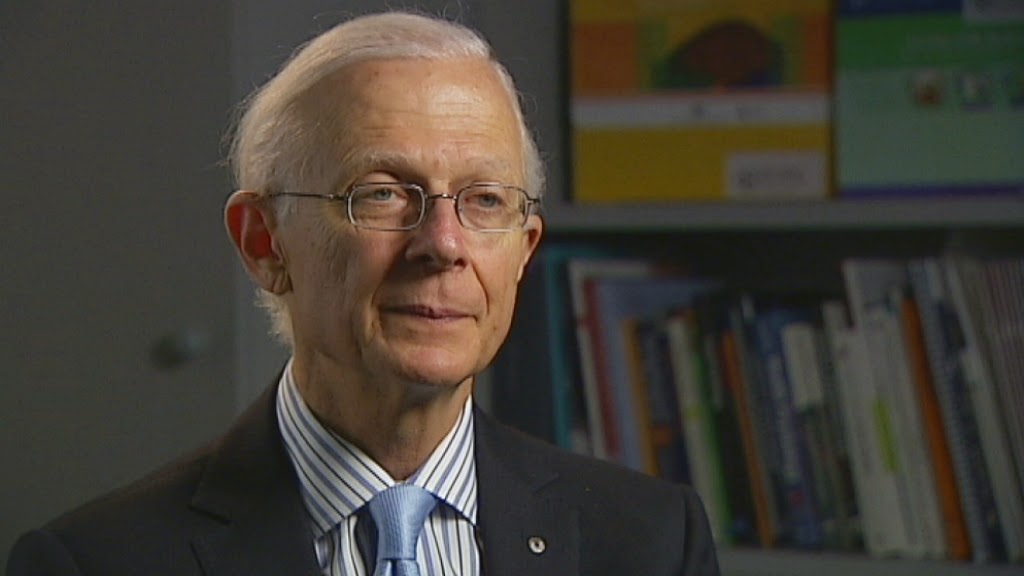Almost a million Australians will have dementia by the middle of the century. Can we hold back the coming 'dementia tsunami'?
Says Professor Henry Brodaty, from the Centre for Healthy Brain and Ageing
Says Professor Henry Brodaty, from the Centre for Healthy Brain and Ageing
“People who are overweight, have type 2 diabetes, high blood pressure are at increased risk... Current smoking is a risk. So these are all things we can do something about.”
 |
| Professor Henry Brodaty |
Meanwhile, Associate Professor Michael Valenzuela, from the Brain & Mind Research Institute suggests cross-training your brain for a healthier life:
“Doing this type of training in a group fashion, in a supervised way, will make you sharper, a little bit more mentally alert and able to handle complex information.”
 |
| Associate Professor Michael Valenzuela |
In an important show tonight, Tracy Bowden will explore the latest developments tonight on ABC TV's '7.30'.
You can follow 7.30 on Twitter here: @abc730
And you can follow Tracy Bowden on Twitter here: @tabowden
And you can follow Tracy Bowden on Twitter here: @tabowden
And, you can catch up on missed episodes and access transcripts at: http://www.abc.net.au/7.30/
Professor Brodaty is such an authority on dementia in Australia - I included him and his philosophies in my book 'The Australian Ageing Generation Handbook'. Read more about that here.
 |
| Brain games! |

